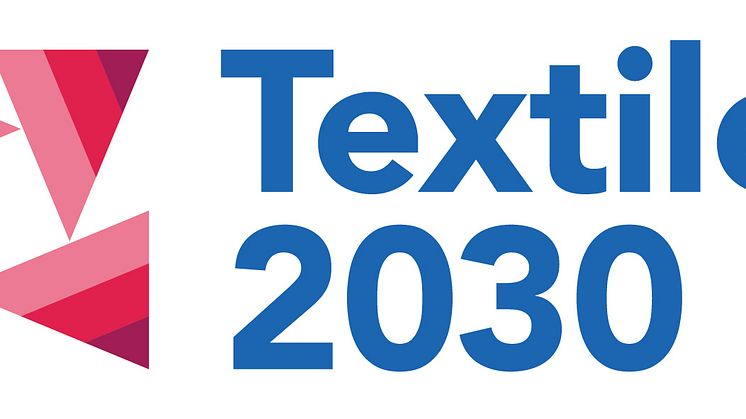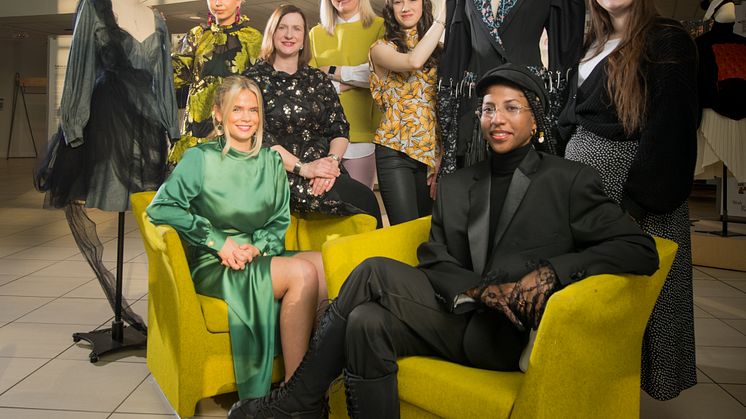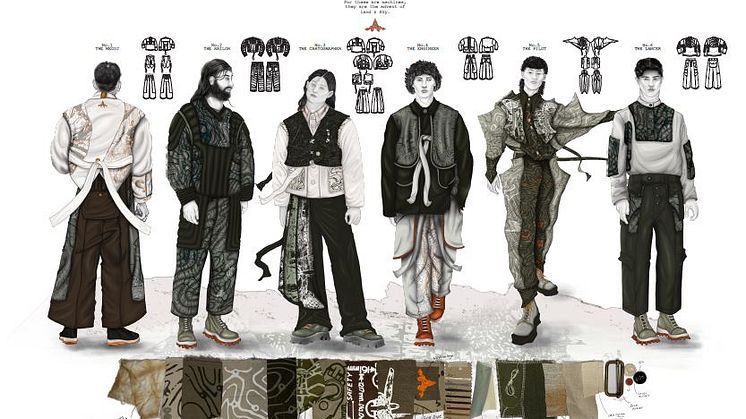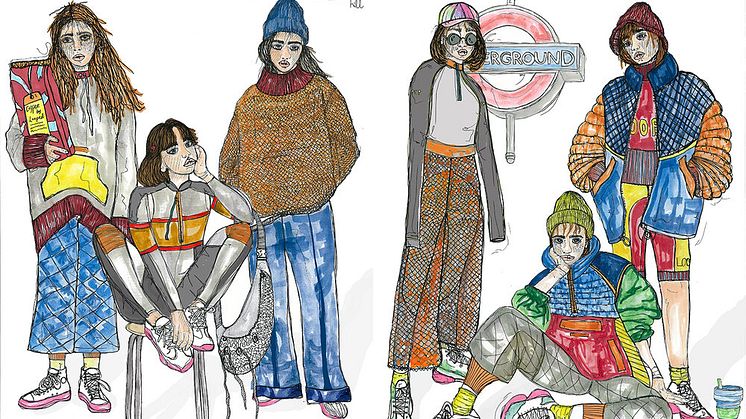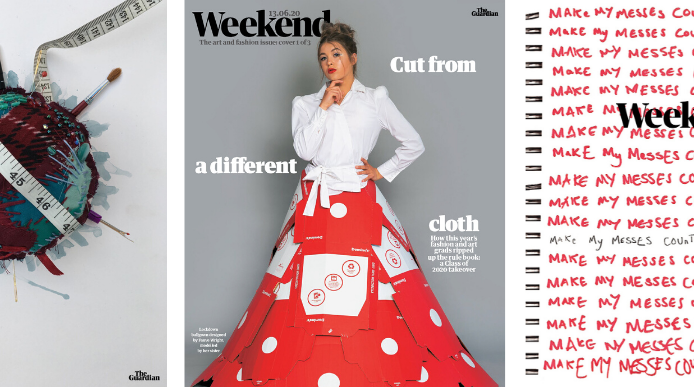
Press release -
Northumbria University signs up to sustainable fashion pledge
Academics from Northumbria University have demonstrated their commitment to making the fashion and textile industries more sustainable after signing up to the Textiles 2030 voluntary agreement.
The agreement is designed to limit the impact clothes and home textiles have on climate change, in line with the Paris Agreement and the UN Fashion Industry Charter for Climate Action.
As a signatory, Northumbria University has pledged to share the expertise of its academics to support brands and recycling organisations as they work towards national sustainability targets.
Among those involved is Dr Alana James of the Northumbria School of Design, Programme Leader for Northumbria’s MA Fashion Design programme.
Speaking about Northumbria’s support for Textiles 2030 and the impact the University hopes to make, Alana said: “Our collective efforts towards fighting climate change are needed now more than ever.
“The traditional fashion system creates significant environmental and social impact, meaning that systemic change and alternative methods of design and manufacture are needed going forward.
“The Fashion Department at Northumbria is committed to creating new innovative ways of working, educating the next generation of industry professionals towards a sustainable future."
The Textiles 2030 agreement is supported by the government’s Department for Environment, Food and Rural Affairs (Defra).
Environment Minister Rebecca Pow of Defra said: “Thousands of tonnes of unwanted clothes and textiles end up in landfill and incineration each year, wasting precious natural resources.
“That is why we must shift away from this ‘take, make, use, throw’ approach to a more circular system where clothes are kept in use and re-used, recycled fibres are used in new products and the climate and water impacts of the sector are reduced.
“Textiles 2030 will help drive this transformation, to shift to greater circularity and innovation in the UK – and help in our mission to build back greener from the COVID pandemic.”
The fashion and textiles industries provide employment for millions of people around the world. However, in recent years their impact on climate change has come under the spotlight, with a particular focus on ‘fast fashion’ – clothes made and sold cheaply and discarded after a short amount of time.
There has been increasing pressure for the industry to adopt new ways of working, both from customers looking for more sustainable options, as well as government and investors.
Textiles 2030 is a new initiative which aims to bring together government, brands and retailers, recycling leaders, innovators and academics, and communities to tackle the issue of sustainability within the industry together.
The agreement aims to reduce the greenhouse gas footprint of products sold by 50%, in line with the Paris Agreement on climate change and achieving net zero by 2050. It aims to reduce the water footprint of products by 30%.
It also hopes to set a new vision for the industry in which products are designed to be circular, so last for longer and then be recycled at the end of their lives, as well as being re-used and repaired where possible.
Textiles 2030 will identify opportunities to reduce the impact of the fashion industry, carry our ground-breaking pilot schemes, share knowledge and innovations, influence policy making, and engage with consumers along the way.
Northumbria University has strong expertise in sustainability and ethical fashion practices, incorporating this into its undergraduate Fashion programmes, as well as offering a dedicated Sustainable and Ethical Fashion Design master’s course.
Topics
Categories
Northumbria is a research-rich, business-focused, professional university with a global reputation for academic excellence. Find out more about us at www.northumbria.ac.uk --- Please contact our Media and Communications team at media.communications@northumbria.ac.uk with any media enquiries or interview requests ---







